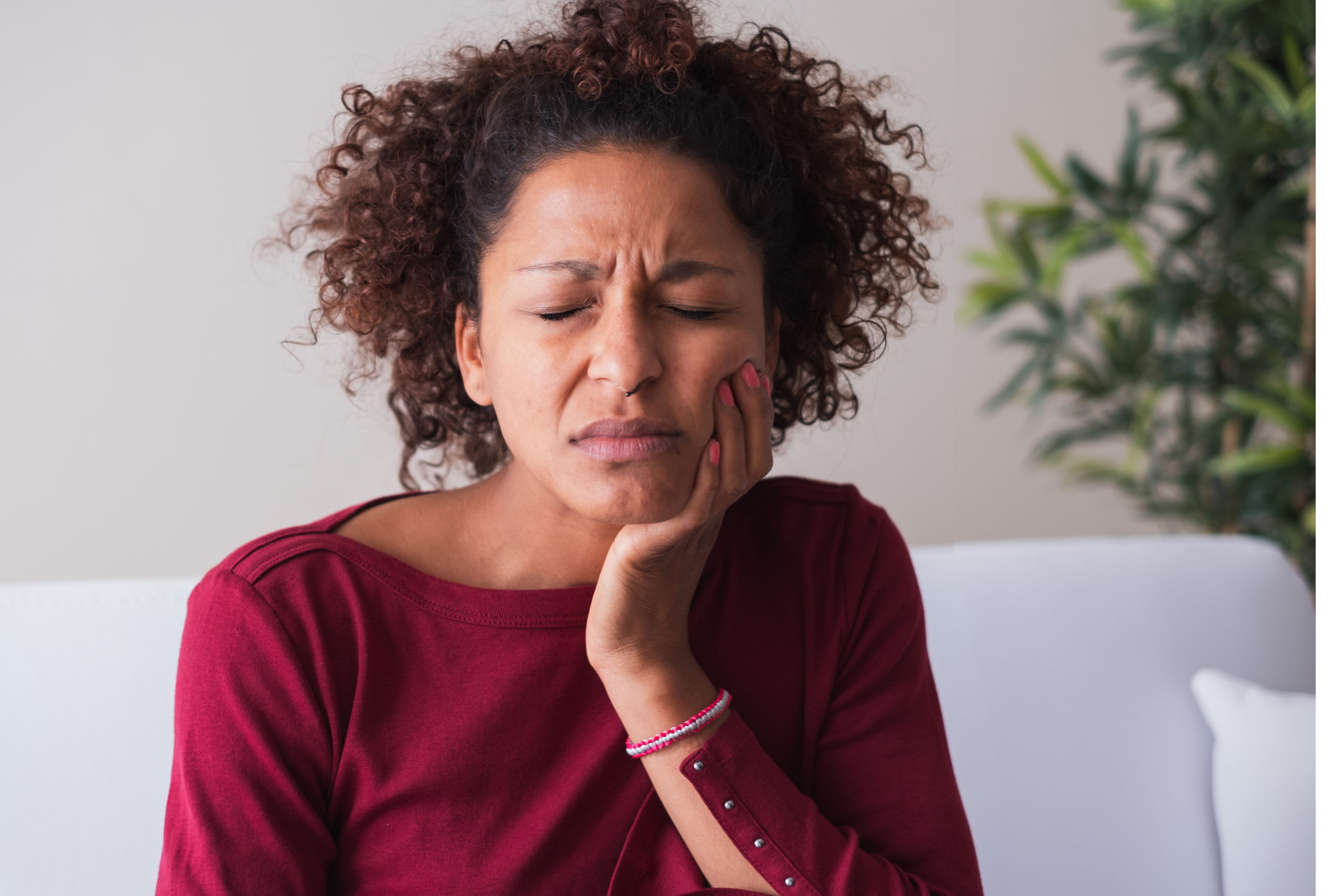here are many reasons behind sensitive teeth. Here are some of the most common:
- Brushing injuries: usually on the outer surfaces of the teeth facing the lips and the cheeks. Brushing hard can damage the gums and make them recede, exposing the sensitive root surface. The root surface is not covered with the hard enamel, which makes it vulnerable to hard brushing and more damage.
- Grinding/clenching: If you grind/clench your teeth, small cracks can develop in the tooth enamel making it sensitive to temperature changes or sweet and sour.
- Drinking acidic juices or fizzy drinks frequently: Frequent consumption of these beverages dissolves the hard enamel and the sensitive dentine is exposed.
- Bulimia: a characteristic of this eating disorder is self-induced vomiting. This exposes the teeth to the acidic content of the stomach leading to the dissolving of the enamel and the exposing of the sensitive dentine.
- Bad habits: such as biting nails or pens.
- Broken teeth or broken fillings.
- Gum disease: If you suffer from gum disease, the gums around the teeth will recede and the sensitive part of the teeth is exposed.
- Tooth decay: One of the symptoms of tooth decay is increased sensitivity to cold and hot.
If you experience teeth sensitivity, see your dentist for treatment. This may vary depending on the cause.
There are many products that you can buy over the counter to treat the symptoms of teeth sensitivity.
Tips to minimise teeth sensitivity:
- If you are a hard-brusher change to a soft toothbrush
- Use toothpastes for sensitive teeth
- Use mouthwashes containing Fluoride to strengthen the teeth
- If you are a grinder or a clencher you need to see your dentist who will provide you with a bite guard to protect your teeth from the grinding forces.
- If you have broken teeth or fillings see your dentist for treatment.

